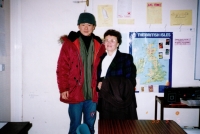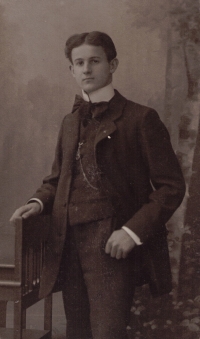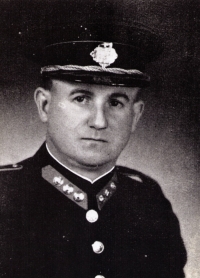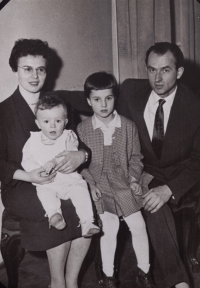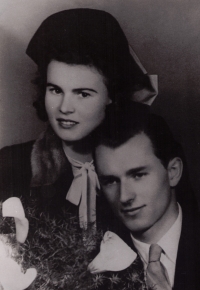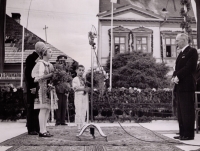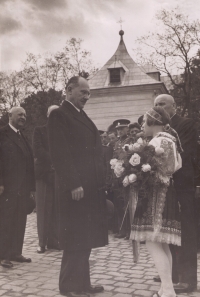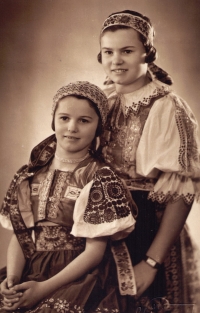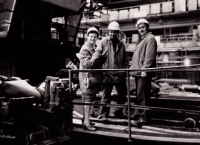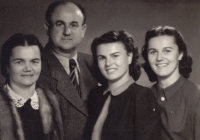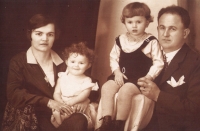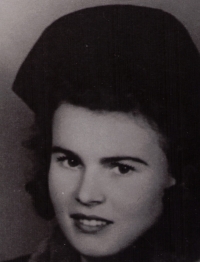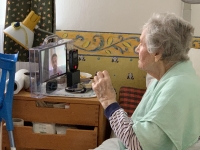We were communists only on paper, not in our beliefs
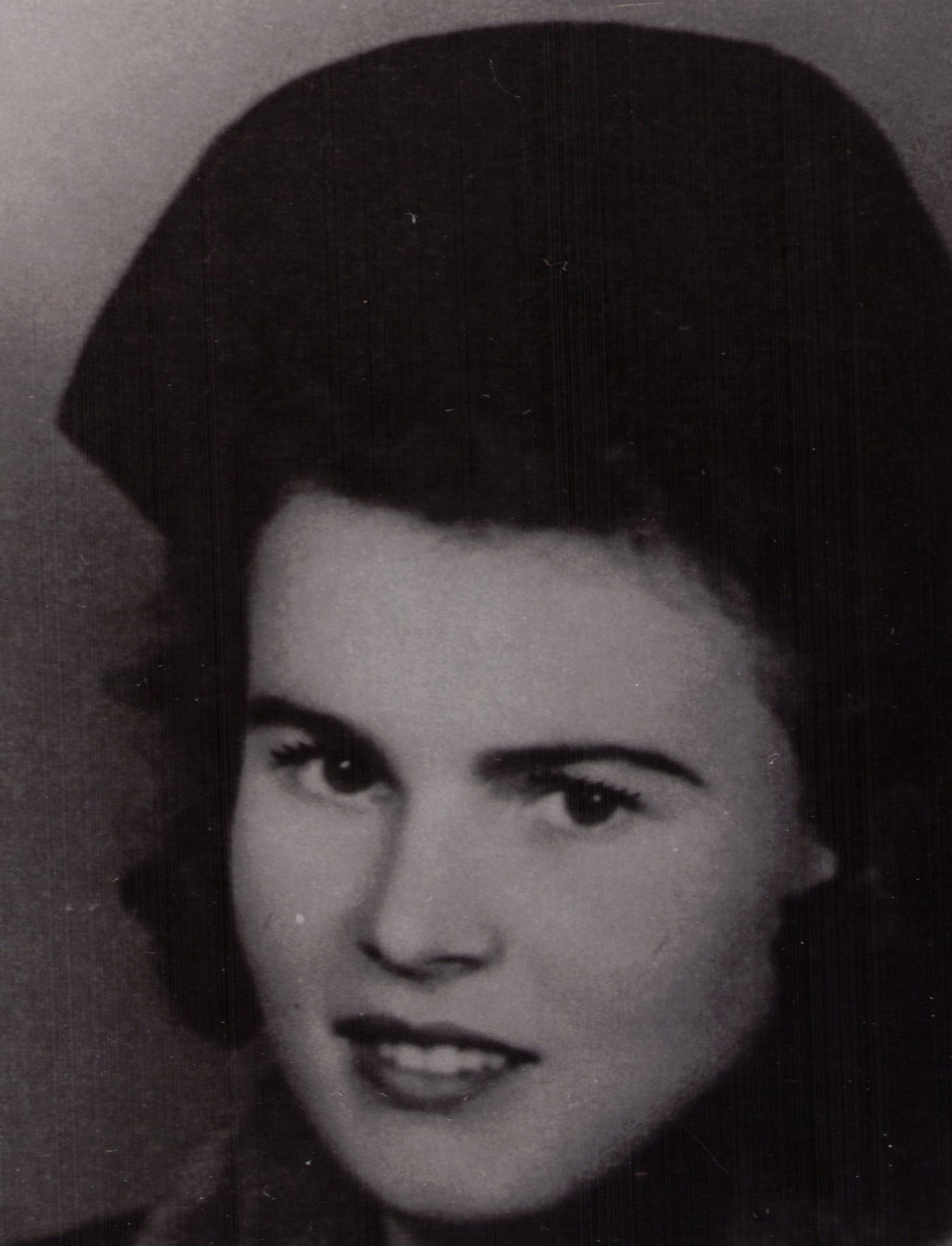
Download image
Zora Zemene, née Hedánková, was born on 19 May 1926 in Turčiansky Svätý Martin (since 1950 Martin) in the Žilina Region. In her childhood she repeatedly met T. G. Masaryk, who spent holidays in the vicinity of the town. During the war she attended the grammar school in Martin. During the violence that accompanied the Slovak National Uprising, she hid in the forests for a long time. She spent the rest of the war with her parents in Bratislava. During the liberation, she hid with her mother and other women in a dugout shelter in the village of Svätý Jur near Bratislava. After the Second World War she studied journalism in Prague. During her studies, she joined the Social Democratic Party, and after its merger with the Communist Party in 1948, she remained a member of the Communist Party until the Velvet Revolution. After her studies, she moved to Brno with her husband, RNDr. Leopold Zemene, where she held a number of journalistic positions - at Lidové noviny, the university magazine Universitas and the party newspaper Rovnost. Before her retirement in the early 1980s, she worked at the Brno radio station. In retirement, she established cooperation with CK Cedok travel agency, thanks to which she visited many Western countries during the previous regime. Her trips to the West also provoked the Secret Police (StB). Zora Zemene lived through the Velvet Revolution in Brno, where she was still living at the time of the interview (2021).
